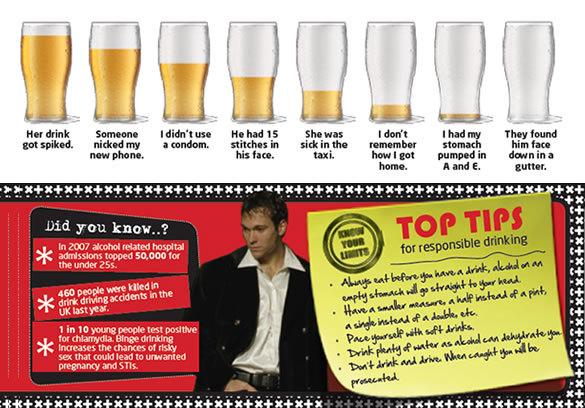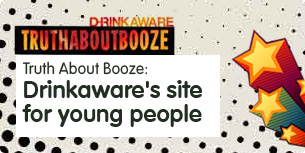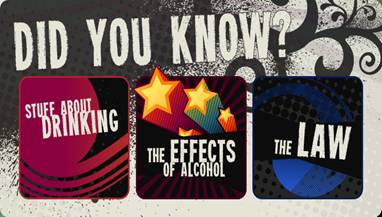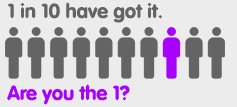Fancy Another Drink?

In 2007 alcohol related hospital admissions topped 50,000 for the under 25’s
Accidents, suicide and violence are significant causes of death in the 16-25 age group, and alcohol is often implicated in all three. Young people who have suffered any of these and are admitted to hospital will need close observation for a few hours, many need admission and a few require intensive care.
Few teenagers nowadays wait until they reach the legal age of 18 to drink. At 15, nine out of 10 teenagers have tried alcohol. Half of 16 and 17 year olds drink at least once a week. And most will try and hide it from their parents.
How teenagers cope with drinking will depend on their body size and shape and what stage of puberty they've reached. If they're not used to drinking, they're at risk of alcohol poisoning as well as getting into potentially dangerous situations and this is often why young people end up in A & E.
Alcohol can also have a negative effect on the growing body as we go through our teenage years. We used to think that the brain’s key development was finished within the first few years of life but science has shown that important brain regions continue to undergo “fine-tuning” at least into a person’s twenties. And alcohol might interfere with that complex brain development.
Scientists studied young people who had abused alcohol as teenagers – binge-drinkers (having 4 or 5 drinks in one sitting) or regular heavy drinkers. They found that alcohol abuse during teen years might decrease the size of the hippocampus, the part of the brain that controls learning and memory. It can also damage the section of the brain behind the forehead – the part that plays an important role in judgement, decision-making, and impulse control. And the effects may be irreversible.
One thousand young people under the age of 15 need emergency treatment for alcohol poisoning each year. Experimental drinking can lead to severe intoxication, which is more dangerous for children and adolescents than for adults, as they experience coma at lower blood alcohol levels and can develop hypoglycaemia (low levels of blood sugar), hypothermia and breathing difficulties.
Check out Drinkaware’s site “Truth About Booze” for more info.

http://www.truthaboutbooze.com/

460 people were killed in drink driving accidents in the UK last year
That’s a lot of families losing a loved one, and most of these deaths were preventable. If only those drivers had thought twice about getting behind the wheel of their car after having a drink. They will have a long time to regret it though; the maximum penalty for causing death by careless driving when under the influence of drink or drugs is 14 years imprisonment and a lifetime on your conscience.
Statistics also show that young drivers are over-represented in traffic accidents. Often they are not used to drinking alcohol and combined with being inexperienced drivers are more at risk of being involved in a serious accident. So if you’re having a night out and plan to have a drink, leave the car at home, don’t let it happen to you…

Drunk Driving is taking very seriously. If you are caught you will be prosecuted.
1 in 10 young people test positive for Chlamydia

Chlamydia is the most common bacterial sexually transmitted infection. It affects both men and women – but don’t worry it can be easily treated with free antibiotics. About 1 in 10 sexually active young people tested have Chlamydia, yet most people who have it do not have any signs or symptoms and will not know they’ve got it. It is possible to have caught it recently or many months, even years earlier. If you are gay or bisexual you are still at risk of catching Chlamydia.
If you have been drinking you may be more likely to take part in risky sexual behaviour, like getting carried away in the heat of the moment and forgetting to use a condom. If you are interested in getting tested for Chlamydia or want to find out more about protecting yourself against sexual infection and unwanted pregnancy, check out this link to find out how:






